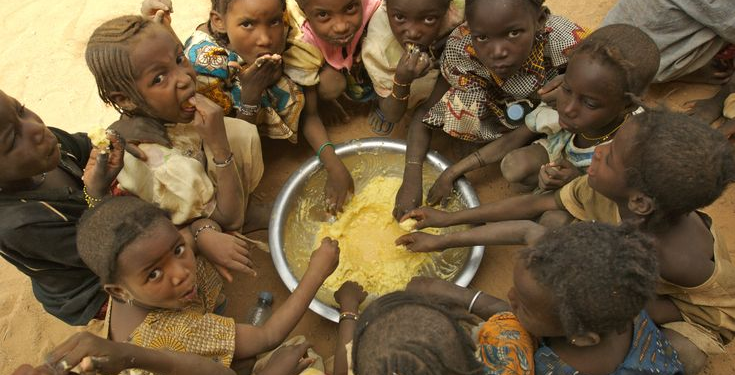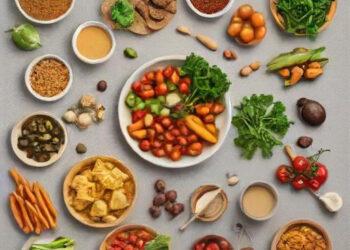
The Senegalese Minister of Economy,Amadou Hott has recently urged the global food industry not to eliminate the trade of Russian and Ukrainian food products as the food crisis has increased drastically in somevulnerable countries, at the G-20 (an intergovernmental forum comprising 19 countries and the European Union (EU)meeting of financial leaders in Bali that happened last week.

Due to the war, countries like US and parts of European Union had allowed the trades of Russian goods in the economy. But then again, food sectors have taken precautionary measures to avoid these trades for self-protection.
The buying of fertilizers and food from Russia and Ukraine selectively has raised so many safety concerns whether it is doubtfully a successful measure to stabilise the market. Even though the citizens of Africa are not responsible for creating the crises, they are the ones to unfortunately suffer it.
Discussions of crises like food security, rising food prices, food inflation; meaning increase in prices and fall in the purchasing value of money of food products and shortages were carried out in the G-20 meeting of last week as the pandemic and Ukraine war disrupted food supply chains all around the world. Arguably, even though these issues revealed themselves before the war, Russia and Ukraine, still are the biggest exporters of wheat. The war has made the condition worse for consumers in Africa and Middle east.
The problem is acute for African countries, which make up one-third of those suffering from malnutrition globally, Hott added.
Hott gave importance to the fact that African countries has taken a more severe impact to this issue, as they comprise for one-third of the crises of malnutrition in the world. They also had a scarcity of about 2 million tonnes of fertilizer this current year which amounts to 11 billion dollars of loss in food production.
‘Amid intense competition for food, and key inputs like fertilizer, there is a risk that supplies may be diverted away from poorer countries to richer ones, repeating the experience for Covid-19 vaccines’ he stated.
Adding on, this would only make the government expend more money to purchase food supplies and support populations when the interest rates are going up, which would make it a more difficult time to deal with.
This was supported by Ngozi Okonjo-Iweala, the director-general of World Trade Organisation stating that this inadequate supply of food will lead to poorer countries also in desperate hard times, highlighting the risk that in the rush of the competition to get food and fertilizers, it could be possible that supplies may be diverted more to richer countries compared to poorer countries for availability, just like what happened with covid-19 vaccines. She urged the nations to work together to resolve the issues rather than being aggressive with each other.
In the same discussion, Janet Yellen, the US Treasury Secretary stated that G-20 muset set an example to be followed by countries and make it a point to avoid actions like piling food stocks and supplies and imposing restrictions on export, which will only worsen the issue by disrupting the markets and increase prices.
Statistically, Food and Agriculture Organisation (FAO) director-general Qu Dongyu said the FAO’s food price index has reached an all-time high and recommended a four-point plan including more investments in the most severely affected countries. Kristalina Georgieva, managing director of the International Monetary Fund stated: “We need to employ all our capacity against trade restrictions, raise our collective voice that it is not only immoral but harmful if food doesn’t get to where it must…. we want to see the international supply of food increase including negotiations to get the grains out of Ukraine to where it is needed, and we need to support food production, storage, and distribution.”
Georgieva, FAO’s Qu, WTO’s(World Trade organisation) Okonjo-Iweala, as well as World Bank Group president David Malpass and World Food Programme executive director David Beasley, issued a joint statement to resolve the food crises, mentioning that by June 2022, the food crises had affected people so much that they are denied access to food in short term, which has now directly affected their livelihoods. Georgieva also warned the global community that it wasn’t just the fault of the pandemic and the war, but also climate change, which has contributed to the food crises over time, which will also require to be paid attention to and resolved.







